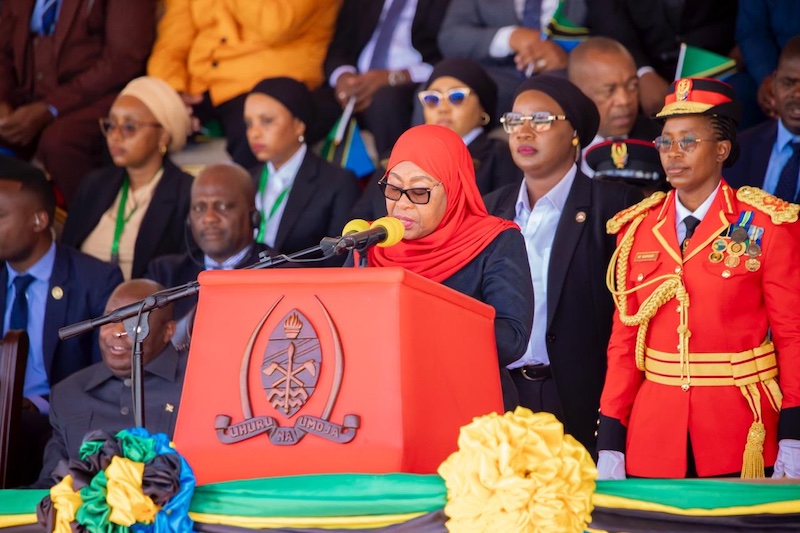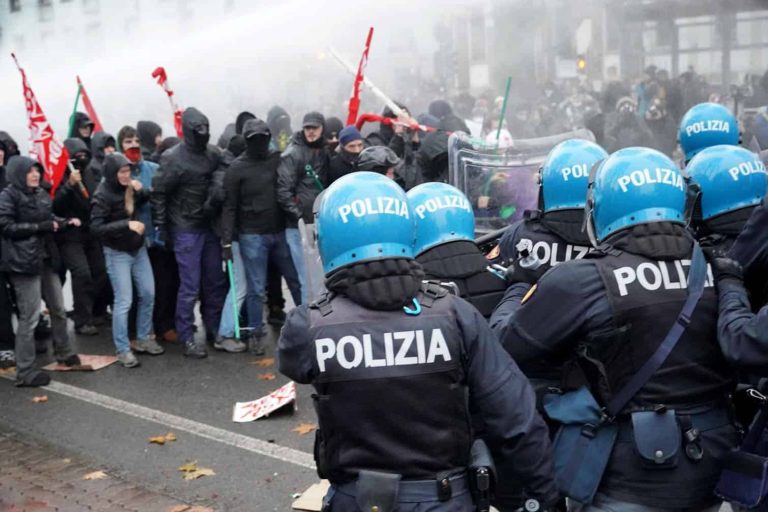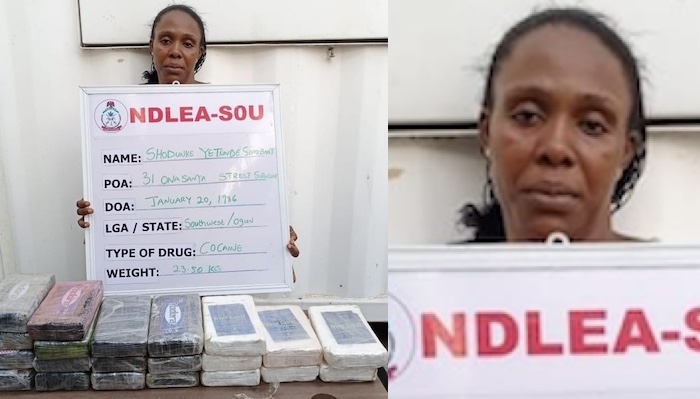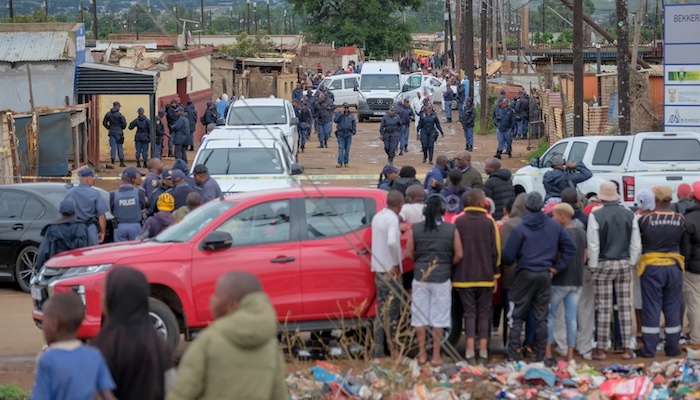
In a tragic turn of events, Tanzania finds itself at a crossroads, where the ideals of democracy and human rights have been trampled underfoot by the very leaders sworn to protect them.
President Samia Suluhu Hassan’s recent inauguration for another five-year term is tainted by the blood of innocent citizens whose only crime was to oppose a fraudulent electoral process.
The chilling reality is that the voices of the reformists were silenced not through dialogue or democratic means, but through violence and intimidation. This election was not merely a contest of political ideals; it was a battle against a shadow. It was Samia versus Suluhu, and ultimately, Hassan.
The independent National Electoral Commission (INEC) reported that out of 37 million registered voters, a staggering 32 million participated, yielding a turnout of 87%. Yet, astonishingly, Samia garnered an incredible 31.76 million votes—98%!
How can such figures be credible in the midst of chaos? The streets erupted in protests, responding to the brutal theft of ballots, yet the government labeled this violent suppression as “reasonable and necessary.”
Aiming firearms at unarmed citizens as a response to ballot complaints is neither reasonable nor justifiable; it is an egregious violation of human rights In the face of such blatant electoral malpractice, one must question the role of the African Union (AU).
Instead of condemning this farce, it chose to send congratulatory messages, all while ignoring the Southern African Development Community’s (SADC) criticism that the elections failed to meet the democratic principles of the region.
This stolen mandate, endorsed by the AU, serves as a grim reminder of the complicity of regional bodies in the erosion of democracy. Samia’s audacity to say they would observe what the INEC declared while pledging to obey directives is a mockery of governance.
The social contract between the governed and the governor in Tanzania has been shattered. In this new era, Samia takes the dubious accolade of embodying the face of dictators and brutal rulers in Africa.

Unlike the military leaders of the past, she represents a new breed of authoritarianism, clad in business suits and hijabs, hiding behind a facade of legitimacy. Tanzania deserves better than this.
The bloodshed and repression that marked the days surrounding the election are stark reminders that power derived from violence is no power at all. The President’s “Four Rs” policy—reconciliation, resilience, reform, and rebuilding—has been reduced to empty rhetoric in the face of such grave injustices.
Had she genuinely committed to these principles, the tragic events of late October could have been avoided. Instead, she has squandered the opportunity to unite the nation and heal its wounds, choosing to align herself with the ranks of tyrants who prioritize power over people.
Let this be a clarion call for all Tanzanians: the blood of the slaughtered citizens is not a currency for political interests. Democracy demands accountability, compassion, and, above all, respect for human life.
Tanzania must rise together to reclaim their rights, ensuring that their voices are heard and that theleaders are held accountable for their actions. The time has come to remind President Samia Suluhu Hassan that she is not above the law and that the true strength of a nation lies in its people, not in the barrel of a gun.
Shame on those who turn a blind eye to tyranny. Shame on those who forget that the heart of Tanzania beats for justice, peace, and democracy. The future of Tanzania depends on the citizen’s willingness to stand up and demand the change they deserve.
Tanzanians should honor the memory of those killed, maimed, kidnapped and disappeared by continuing the fight for a Tanzania where every voice matters and every life is valued.
The nation demands a better future, one free from the shackles of oppression and the specter of violence. It is time to reclaim the peoples’ dignity and democracy.



